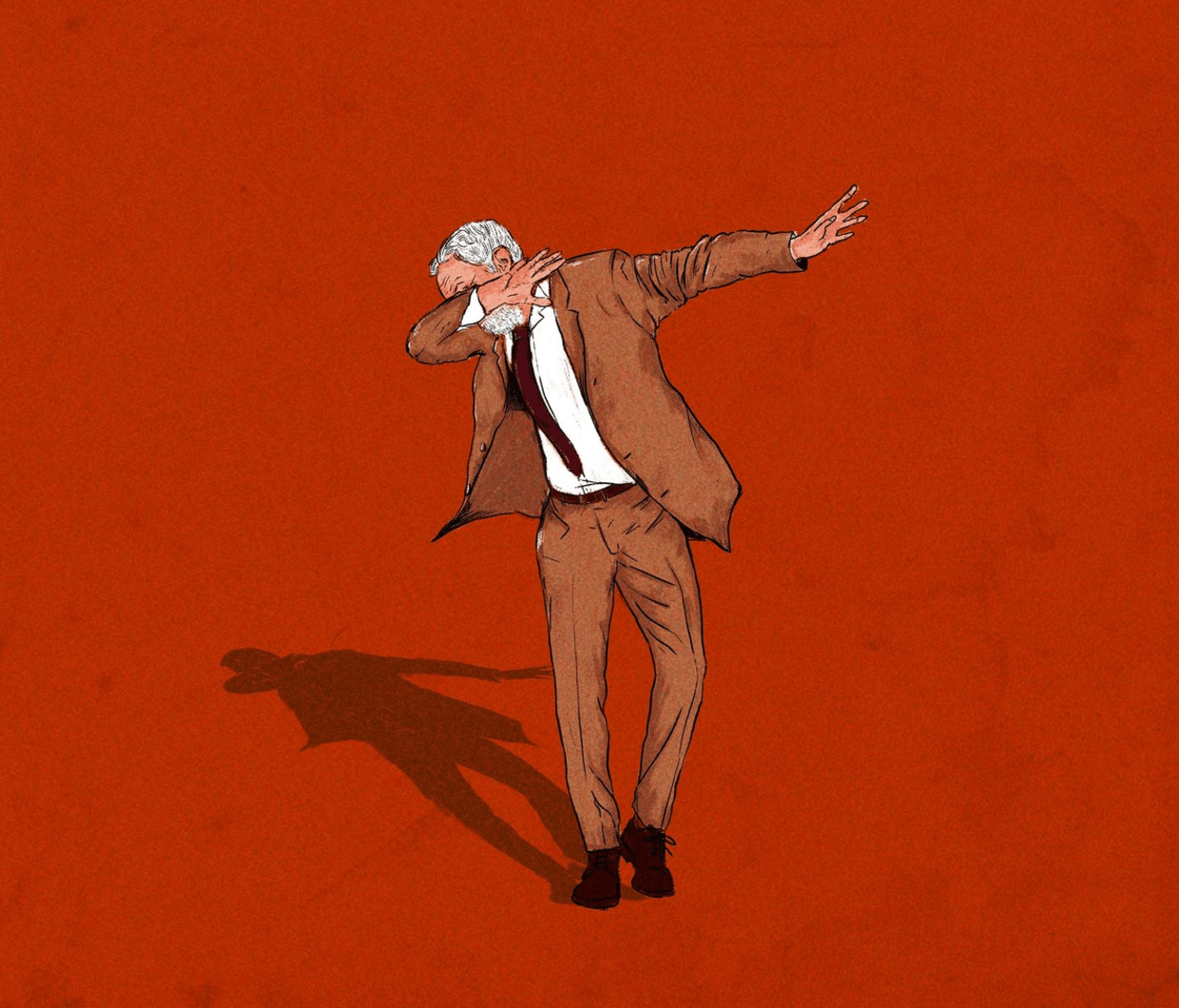This election has changed the landscape of British politics and one of the clearest messages to come out of the polling booths is that there is a new political power in Britain: the under 25s. Official demographic reports of voter turnout haven’t been released yet, but early reports suggest youth turnout from anywhere between 53% to 72% (3.6m to 4.8m voters). This is up a minimum of 10% from the 2015 turnout. Voter registrations for the 18-24s increased by 600,000 from 2015 numbers.
Young people can no longer be accused of being politically apathetic and in turn, they can no longer complain that their vote doesn’t make any difference. Labour’s campaign crystallised the difference a vote could make to young people’s lives. Their manifesto presented a clear vision for a different kind of country, with the concerns of young people – education, housing, minimum wage jobs – at the heart of their message. Their tagline of ‘for the many not the few’ resonated with a generation who have grown up in the shadow of austerity and a populist rage against the 1%.
Labour recognised that the mainstream media concerns of Brexit negotiations and immigration were not the issues to motivate young people to vote. The fears of Generation Z are not that immigrants are coming for their jobs, but that the very notion of ‘a job’ is becoming extinct. Not that house prices will tumble but that home ownership is forever out of reach. Not that big business is leaving the UK, but that the public services their parents enjoyed are crumbling.
These concerns did not come out of nowhere. They have played out in digital spaces for at least the last two years. Young people weren’t avoiding voting because they were lazy, but because no-one was listening to their concerns. Until, it turned out, someone was.

The sudden emergence of Grime4Corbyn was one of the first hints of how successful Labour’s approach was. In pure marketing terms, this was the kind of influencer campaign any brand team would dream of – purpose-based; creative, diverse voices and a strong call to action: vote. Preferably for Labour, but above all, vote.
The Conservative campaign ignored the youth vote altogether. Their most discussed policy positions were on late-life care and pension locks. More than that, late in the election campaign when there was a huge surge of activity encouraging young people to register to vote and turn out on polling day, the Tories ignored it. The sentiment was not echoed by a single senior member of the Conservative party. They appeared antipathetic to the very idea of young people voting.
The Conservatives now face leading parliament without a clear majority and a lame duck leader. There is likely to be another general election within 18 months. Tories need to urgently readdress their approach to engaging with young voters if they want to avoid a re-run of this outcome. This doesn’t mean changing their social media strategy, it means changing their message.
To build a bright future for the UK, the Conservatives must create it in collaboration with the owners of that future. They need to seek out young people’s opinions, listen to their concerns and respond with new policies that are worth fighting for.
The under 25s have tasted political power for the first time in 20 years. They will not let go of it lightly.

